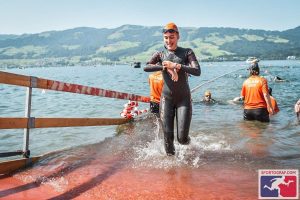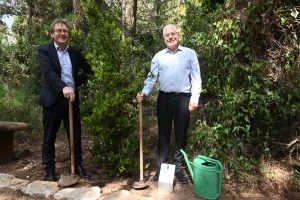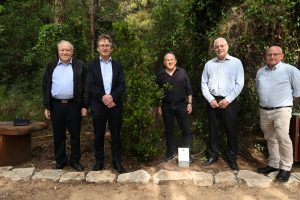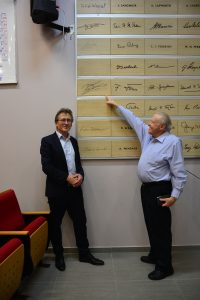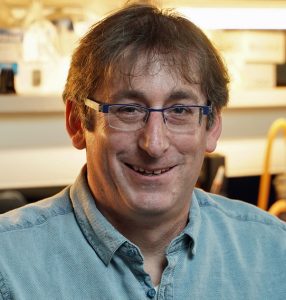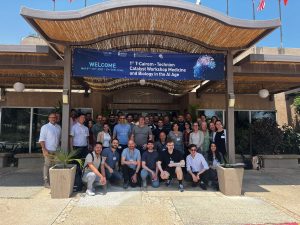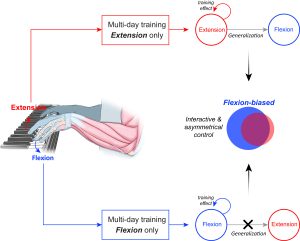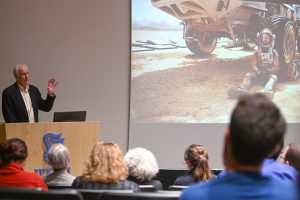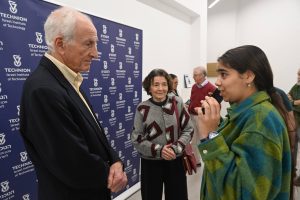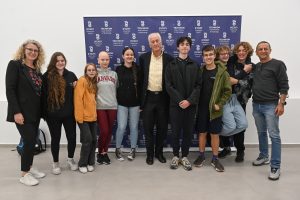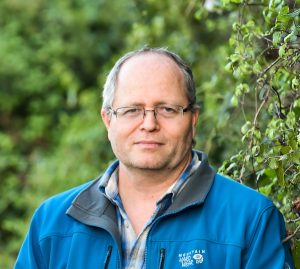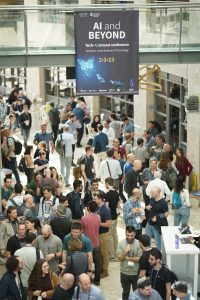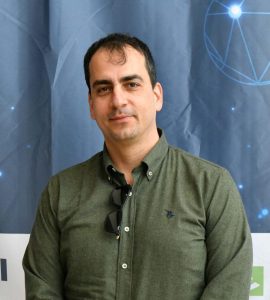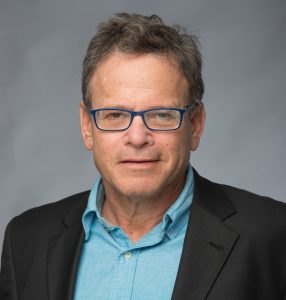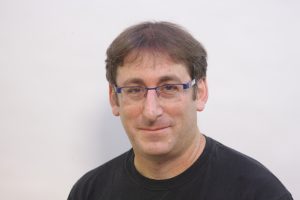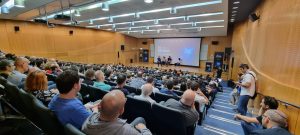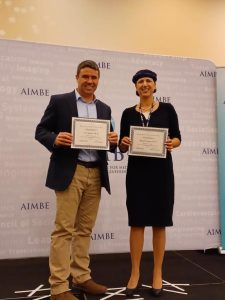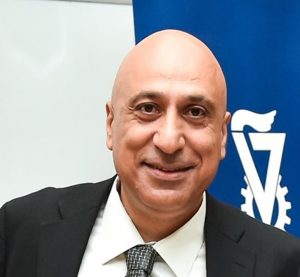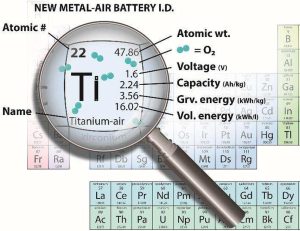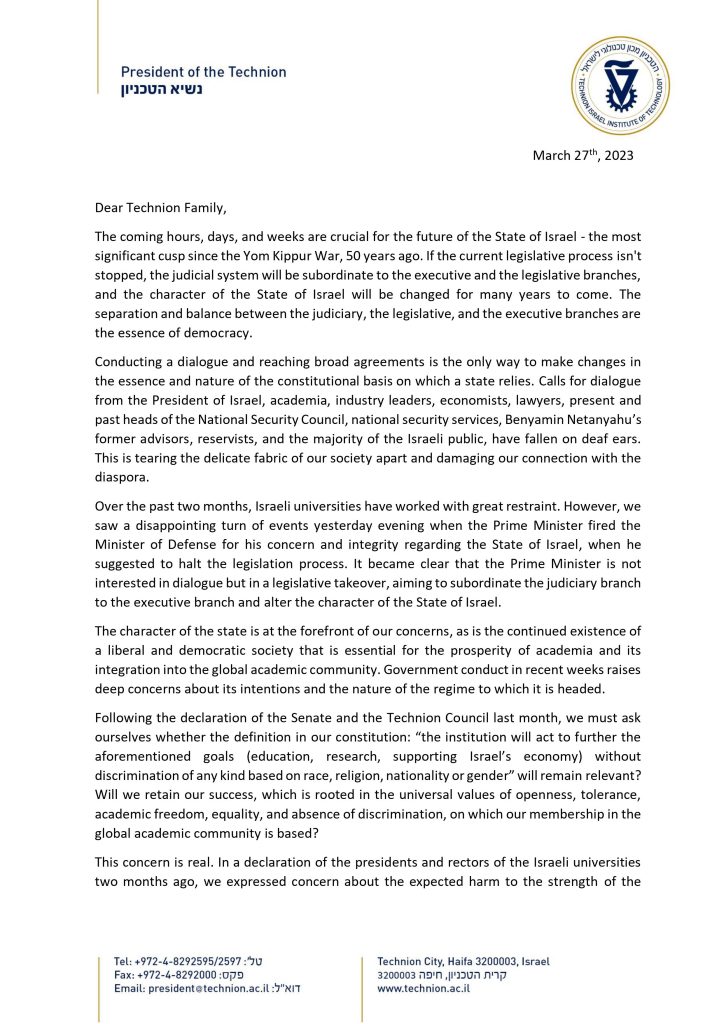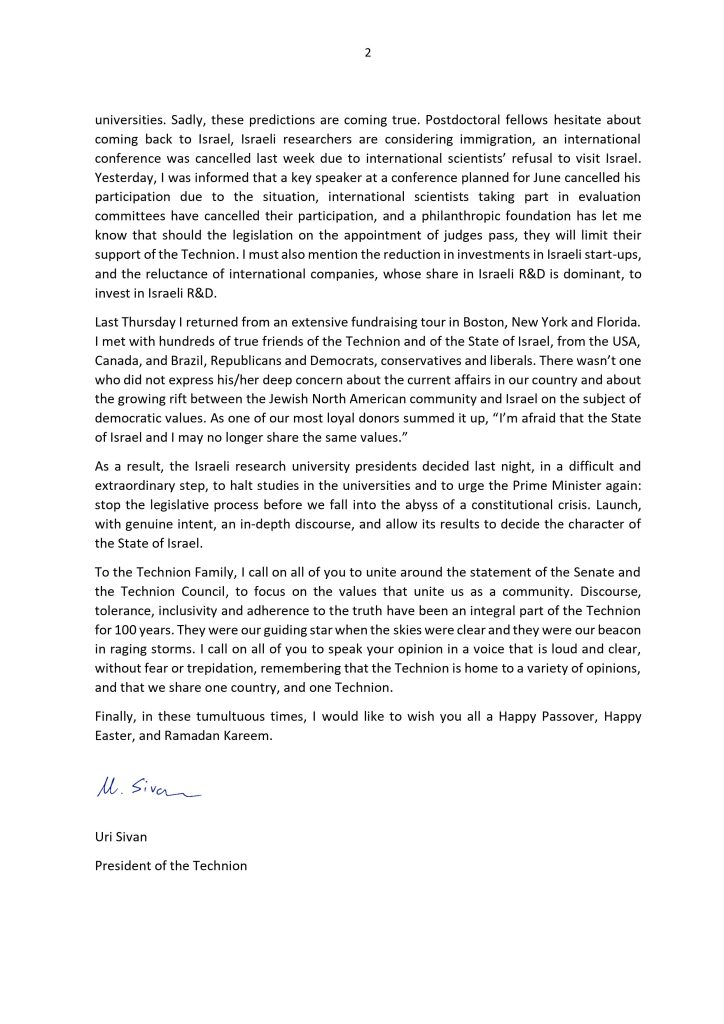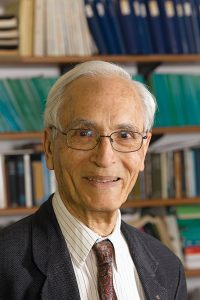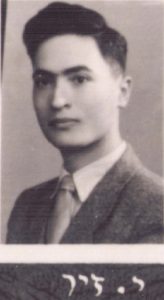The Technion – Israel Institute of Technology is proud to announce that Dr. Vesna Bacheva is one of just 32 global recipients of the prestigious Schmidt Science Fellows postdoctoral program.
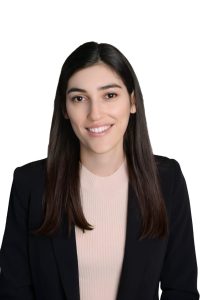
Photo credit: Dr. Bacheva’s personal collection
Dr. Bacheva, a native of the Republic of North Macedonia, completed both her bachelor’s and master’s degrees at École Polytechnique Fédérale de Lausanne (EPFL). In 2018, she was recruited to the Technion’s Faculty of Mechanical Engineering as part of a unique Ph.D. program established by Professors Moran Bercovici and Govind Kaigala (formerly of IBM Research, now of the University of British Columbia) that enabled her to split her time between the Technion and IBM Research in Zürich. During her Ph.D., Dr. Bacheva focused on developing novel methods for reconfigurable platforms by using electric fields and light to create programmable flow fields and structures at small scales. “Vesna was one of the most prolific students I’ve ever had the pleasure of working with,” says Prof. Bercovici. “Her Ph.D. was distinctly multidisciplinary with deep contributions to basic physics, analytical chemistry, and microtechnology.” Prof. Kaigala adds: “We were very happy to hear that Vesna was announced as the recipient of the Schmidt Science Fellowship, but not at all surprised.”
Dr. Bacheva has received numerous awards during her short career, including the Best Young Innovator Award given by the President of North Macedonia, best talk prizes at multiple prestigious conferences, the Kavli Postdoctoral Fellowship, and the Postdoc Mobility Fellowship awarded by the Swiss National Science Foundation. When we asked Dr. Bacheva for her advice for future students, she said: “When I was young, I thought science was all about equations and experiments. It was only over time that I realized science is about finding the right people to work with. I was extremely lucky in that sense, and I am very grateful to both the Technion and IBM Research for giving me the support and facilities to conduct research that is at the very forefront of science. But the true strength of these institutions lies in their people, and I’m forever grateful to my amazing team members, my collaborators, and of course my outstanding advisors.”
Beyond the lab, Dr. Bacheva is a passionate athlete, having recently completed the 70.3 Ironman, consisting of 1.9 km of swimming, 90 km of biking, and 21.1 km of running. “An important drive in my research and life is my passion for endurance sports. Training for long-distance triathlons taught me the importance of dedication and commitment that is needed in achieving long-term goals in life,” she says.
Dr. Bacheva is now a postdoctoral researcher at Prof. Abraham Strook’s lab at Cornell University. She still relies on her expertise in microfluidics, but now applies her knowledge to a completely different field: plant physiology, a field of plant sciences that focuses on understanding how plants work. She aims to develop new technologies and models to study the transport of nutrients in plants and hopes that her research will enable progress in the productivity and substantiality of crop-based agriculture in an increasingly food-insecure world. Moreover, Dr. Bacheva hopes that her research will inspire more engineers to pivot into plant sciences, which currently lacks the involvement of the engineering community and transdisciplinary training needed for fundamental biological discoveries.
Dr. Bacheva aspires to start her own research group and train the next generation of scientists while conducting cutting-edge research on society’s most pressing challenges.


